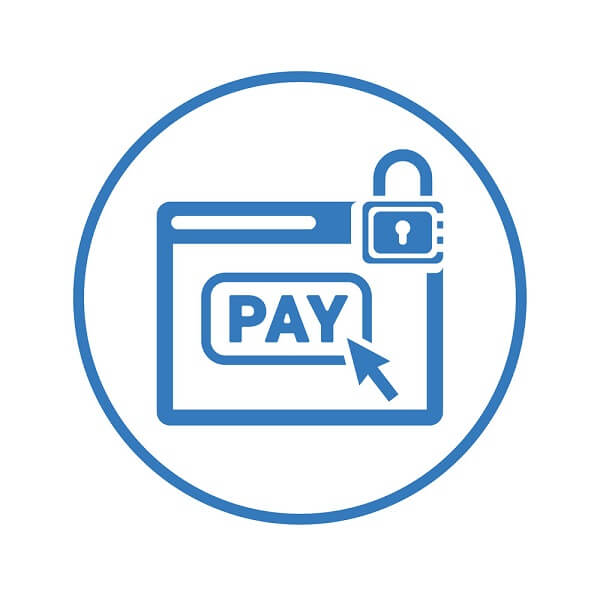-
Is it Snoring or Sleep Apnea?
When is a snore more than just a snore? When it’s a symptom of obstructive sleep apnea (OSA). The most common breathing-related sleep disorder, obstructive sleep apnea causes you to stop and start breathing several times while you sleep. And while many people snore, loud, frequent snoring is one of the more noticeable signs of obstructive sleep apnea.
How do you know whether you’re someone who simply snores or someone with sleep apnea? First, understand that everyone who snores is at risk for sleep apnea, and your risk goes up with the volume of your snores. Because about 70 percent of people with sleep apnea snore, snorers should consider an apnea evaluation. To diagnose OSA, doctors use a sleep test. Not sure you want to go through all that? You absolutely should if you have other symptoms of sleep apnea, like daytime drowsiness, depression or anxiety, cognitive or memory problems, or health conditions like high blood pressure or arrhythmias. People with sleep apnea also often wake in the morning with a headache, dry mouth, and a sore throat.
Is sleep apnea really that serious? In a word, yes. In fact, people with apnea are five times more likely to die earlier than those without this condition. OSA can cause you to stop breathing 30 times or more each hour, depriving your body of oxygen and preventing it from expelling carbon dioxide. OSA can change the way your body uses energy, trigger the release of stress hormones, and prevent you from getting high-quality sleep. This all can lead to health problems like weight gain, memory loss, and skin aging. There’s also evidence that obstructive sleep apnea increases your risk of high blood pressure, heart attacks, stroke, congestive heart failure, diabetes, atrial fibrillation, some cancers, and even sudden death.
Some people hesitate to seek treatment for sleep apnea because they believe their only option is a CPAP machine. In fact, this is not the case. While a continuous positive airway pressure (CPAP) machine is a very effective tool for treating OSA, there are others available. You could try some lifestyle changes, like losing weight, exercising regularly, avoiding alcohol, or quitting smoking. There are also nasal strips to keep the nose open and medications for blocked sinuses. Your doctor may recommend a custom-fit mouthpiece to keep your airways open while you’re sleeping. In some cases, surgery might be necessary to correct a deviated septum, tonsils, excess tissue, or nasal polyps. Talk to your doctor or dentist to find the right solution for your sleep apnea.
At West County Dental, we provide personalized family dental care, including sleep apnea treatment, using state of the art procedures. Adhering to a standard of excellence, we provide comprehensive treatment, from preventive care to restorative dentistry. When you reserve a visit with West County Dental, you can be confident that our team of highly-trained dental professionals will provide you the care you need for a healthy smile. Call (314) 488-2921 or contact us through our website today!
RECENT POSTS
categories
- Uncategorized
- crowns
- dental veneers
- dentists
- full service dental practice
- porcelain veneers
- same day crowns
- Dental Cosmetic Surgery
- Dental Implants
- Dentistry
- Dentist Review
- Laser Dentistry
- Root Canal
- Sedation Dentistry
- Dentures
- Cleanings
- Teeth Whitening
- Abscessed Teeth
- Cosmetic Dentistry
- Infographic
- Cavities
- Sealants
- Gum Recession
- Periodontal Disease
- Dental Health
- Family Dentistry
- Dental Emergency
- Invisalign
- Filling
- Same Day Dental Procedures
- Gum disease
- Sleep Apnea
Archives
2022
2021
- December (2)
- November (1)
- October (3)
- September (2)
- August (2)
- July (2)
- June (2)
- May (2)
- April (2)
- March (2)
- January (2)
2020
2016
2015
- December (4)
- November (3)
- October (3)
- September (4)
- August (4)
- July (4)
- June (4)
- May (3)
- April (3)
- March (4)
- February (5)
- January (6)

